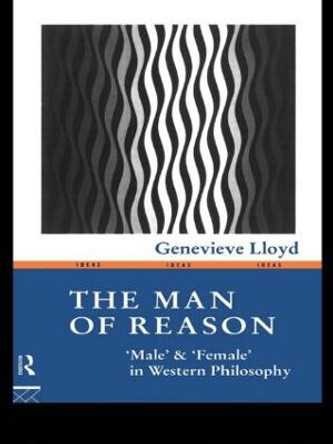Conditional reasoning is reasoning that involves statements of the sort If A (Antecedent) then C (Consequent). This type of reasoning is ubiquitous; everyone engages in it. Indeed, the ability to do so may be considered a defining human characteristic. Without this ability, human cognition would be greatly impoverished. "What-if" thinking could not occur. There would be no retrospective efforts to understand history by imagining how it could have taken a different course. Decisions that take possible contingencies into account could not be made; there could be no attempts to influence the future by selecting actions on the basis of their expected effects. Despite the commonness and importance of conditional reasoning and the considerable attention it has received from scholars, it remains the subject of much continuing debate. Unsettled questions, both normative and empirical, continue to be asked. What constitutes normative conditional reasoning? How do people engage in it? Does what people do match what would be expected of a rational agent with the abilities and limitations of human beings? If not, how does it deviate and how might people's ability to engage in it be improved? This book reviews the work of prominent psychologists and philosophers on conditional reasoning. It describes empirical research on how people deal with conditional arguments and on how conditional statements are used and interpreted in everyday communication. It examines philosophical and theoretical treatments of the mental processes that support conditional reasoning. Its extensive coverage of the subject makes it an ideal resource for students, teachers, and researchers with a focus on cognition across disciplines.
About the AuthorRaymond S. Nickerson is Research Professor of Psychology at Tufts University.
ReviewsThis book is an encyclopedic tour through the philosophical, linguistic, and psychological literatures on conditional reasoning by an eminent cognitive scientist. A final chapter summarizes what can be claimed to be known and what issues are yet to be resolved. It is truly amazing that there are so many ways to interpret 'If.'" * Thomas B. Sheridan, Ford Professor of Engineering and Applied Psychology Emeritus, MIT *
Raymond Nickerson, a preeminent contemporary student of human thought, has once again provided a novel and deep analysis of a kind of human reasoning. From several different points of view he now considers the logic and psychology of conditional reasoning, specifically the significance-loaded word 'if.' The depth of his analysis makes this a must read for anyone in the psychological community. His work is a model of what psychology can be. * William Uttal, Professor Emeritus (Engineering), Arizona State University and Professor Emeritus (Psychology), University of Michigan *
A major contribution to the study of conditional reasoning by a leading cognitive psychologist." -Richard E. Nisbett, Theodore M. Newcomb Distinguished University Professor, Department of Psychology, University of Michigan
Book InformationISBN 9780190202996
Author Raymond NickersonFormat Hardback
Page Count 472
Imprint Oxford University Press IncPublisher Oxford University Press Inc
Weight(grams) 797g
Dimensions(mm) 163mm * 236mm * 31mm






